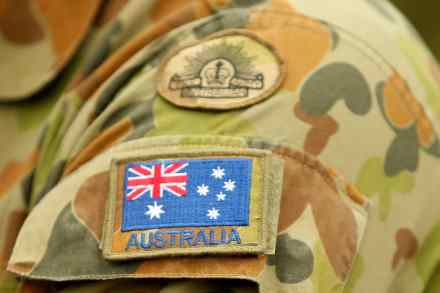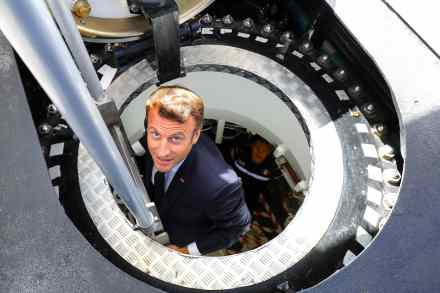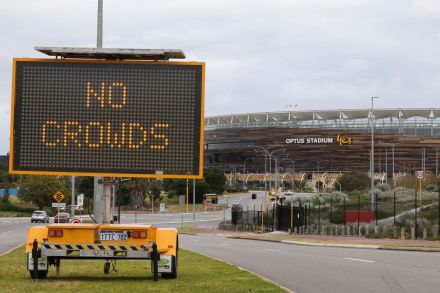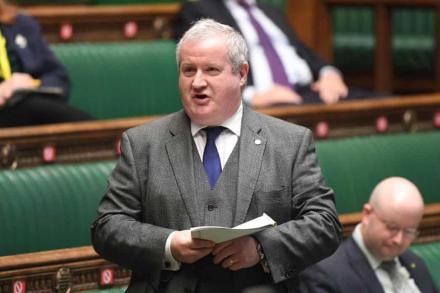Australia and the new special relationship
The awkwardly-named AUKUS agreement reflects Washington’s escalating concern about China’s dominance in the Indo-Pacific. It signals London’s determination to be more, not less, involved in the global community after Brexit and the retreat from Afghanistan. Ultimately, however, this deal is about Australia. Few countries are as pivotal to regional security yet so poorly understood as such, at home and abroad, among commentators, politicians and policymakers. Australia’s standing in security terms is intimately linked to its alliance with the United States, but this relationship is not as one directional as some Australian critics believe. In defence and global security terms, Australia is a country with something to offer — quite a




















